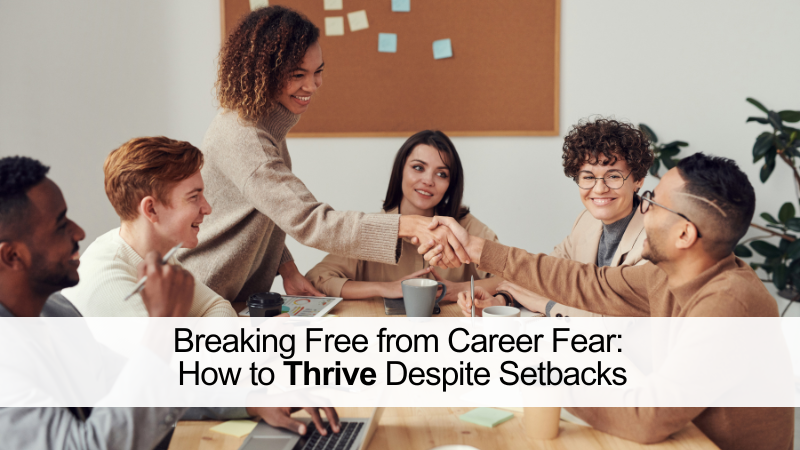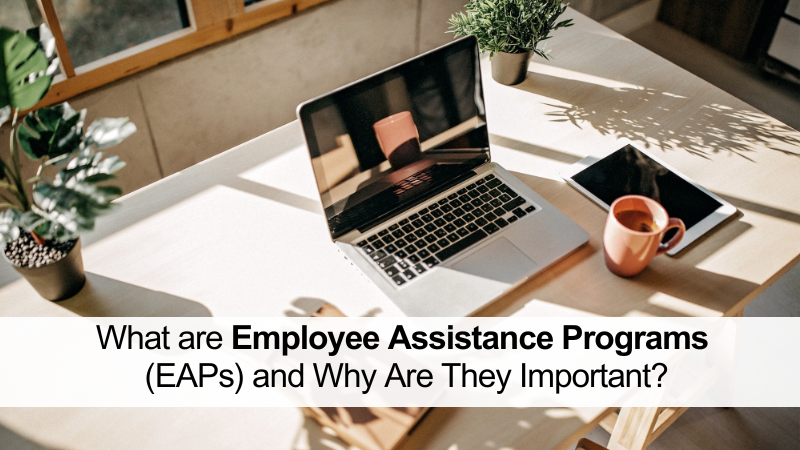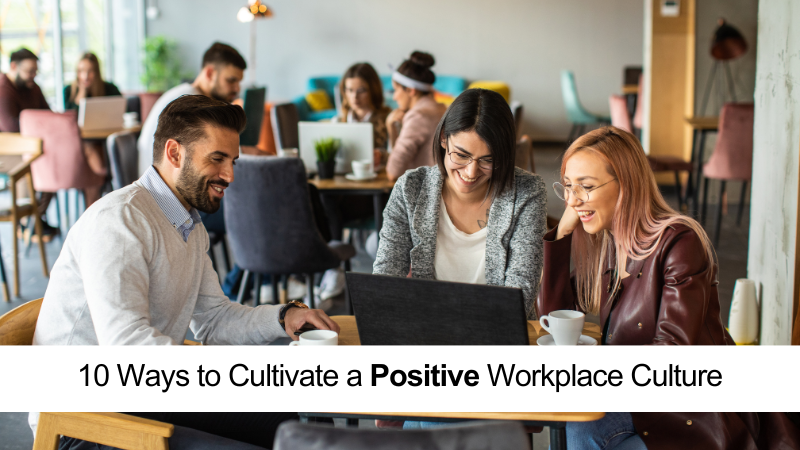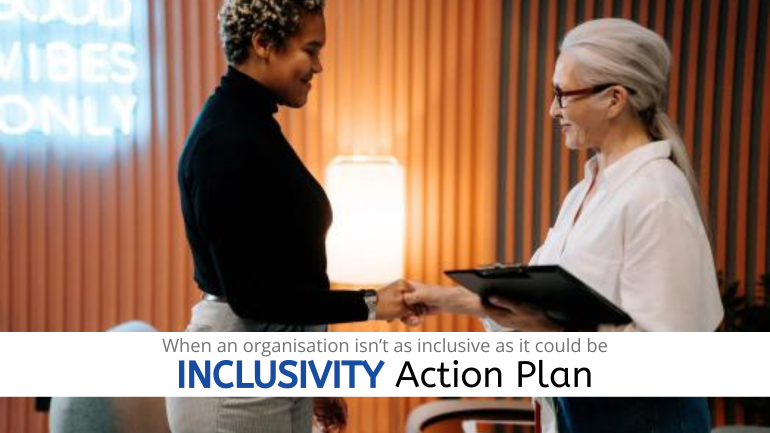What’s your lockdown experience?
Have you lost touch with the myriad of people that used to make up your daily pattern of social interactions? A growing body of research suggests that there are surprisingly powerful benefits to connecting with casual acquaintances — relationships that sociologists call “weak ties.”
In a normal day, people interact with somewhere between 11 and 16 weak ties on the way to work, taking kids to school, while running errands, or on a break between meetings at the office. Our new social distancing behaviours mean these once-common interactions have been eradicated, and we no longer have physical reminders that we are part of a wider social network.
There are a lot of jokes about introverts and extroverts, like “introverts, check on your extrovert friends, they don’t know how to do this”, but the reality is we all need our casual social interactions to maintain our general wellbeing.
Research done by Gillian Sandstrom[1]finds that people are happier on days when they say “hi” to a colleague in the hallway or have a brief conversation with a neighbor at the local shop. In a study where people were asked to ‘personalize’ their experience buying a coffee, by smiling, making eye contact, and having a genuine social interaction with their barista, those personalising recorded 17% greater feelings of happiness than those who were asked to be ‘efficient’.
The lesson is, it’s not just the people we are pleasantly social with that are happier, we feel happier too. If we check in with others, we will also feel happier. You have probably experienced this yourself. It’s even more important to check in with people we think may not be feeling great about everything.
In these worrying times and with social distancing guidelines, we need to plan to include these important casual social connections. Before COVID 19 these contacts were coincidental to the order of our day, now, it needs to be part of our consciousness that we have to plan to make these connections. People are happier when they feel connected and feel isolated and more anxious when not.
The beauty of casual informal conversations is that they are short, require minimal effort, aren’t laden with expectations and gives us social variety. When you plan out a check in strategy, keep this simplicity and low effort approach. Big plans can be too hard. Some tips are
- Keep it informal, maybe use Facebook to connect with a weak tie, or go on a walk where you know some of your acquaintances walk, or work.
- Don’t expect a reply if it’s a Facebook contact – reaching out is the purpose, just see what happens.
- Make it short – your goal is just to invite a chat.
- Include people who have become weak ties over time, someone you connected with in the past through a common interest or experience.
- Include something personal about yourself, like a photo of a hobby, your dog, let the person know you were thinking of them.
If you feel like making casual connections is too hard, then you might be suffering from loss of motivation and your own loss of social connection, or more difficult problems. If so, call ACT Curious we can help.
[1] Why You Miss Those Casual Friends So Much, Gillian Sandstrom and Ashley Whillans, Harvard Business Review, April 22, 2020
CONTACT US
If you want additional support, ACT Curious can connect you to a behavioral therapist that meets your needs. You can get started today if ACT Curious EAP is offered by your employer.
DISCLAIMER: The content of this blog is not intended to be a substitute for professional medical advice, diagnosis, or treatment.
ABOUT THE AUTHOR
Michelle Trudgen Clinical Director, ACT Curious.
copyright: 1st May 2020






